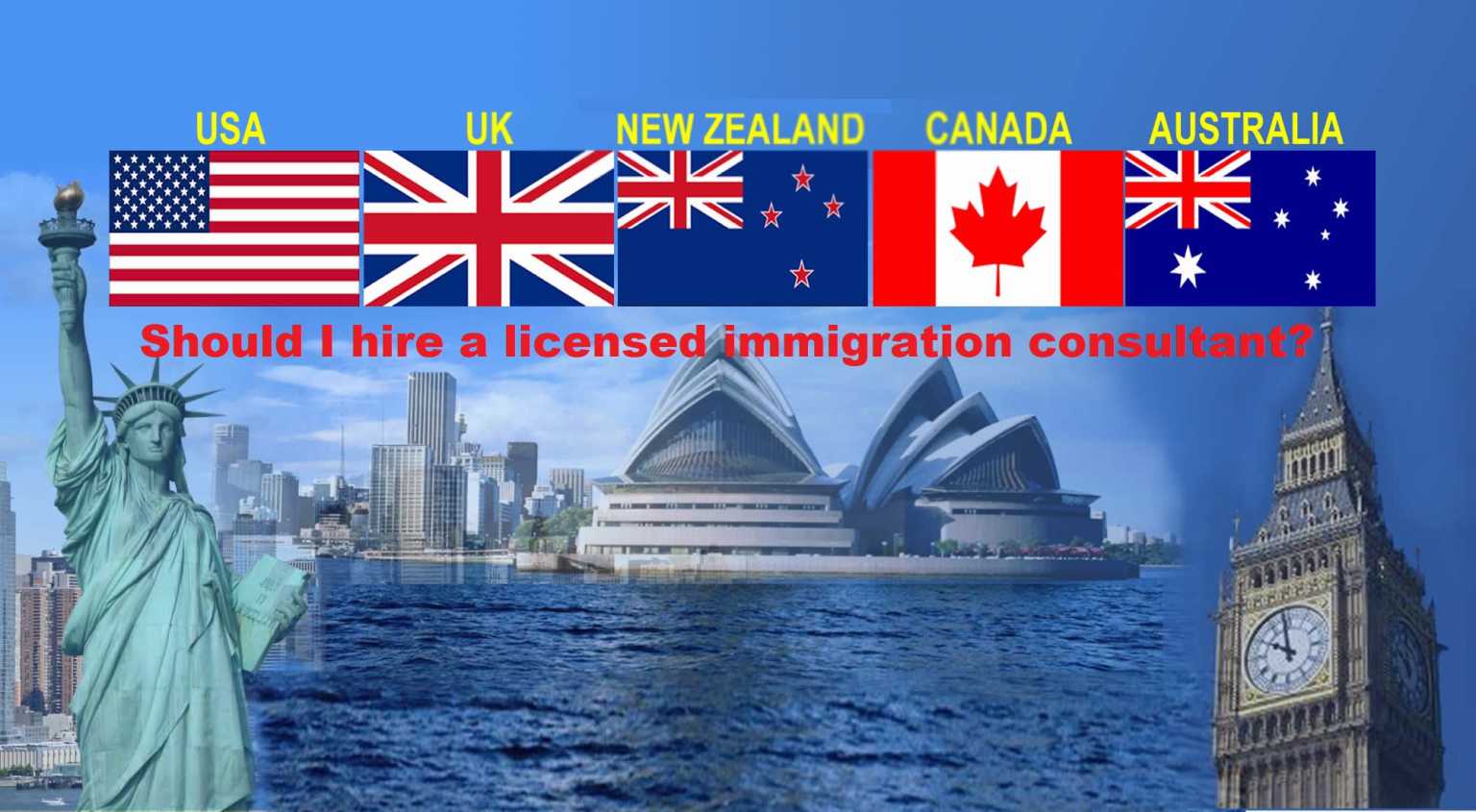Until 2003, immigration consultants and agents were not regulated in Canada. The Canadian immigration department invited a group of immigration agents and consultants to form a self-regulated organization. Most of the leading agents and consultants in this group were former immigration officers. Only a few of them were lawyers.
To judge their English language proficiency, aspiring immigration consultants were required to take the IELTS examination. A six-month training course, followed by a short examination, was also introduced for these consultants. With this process in place, new immigration consultants were granted a license all over Canada.
However, within a couple of years, the initially formed immigration consultants’ association was dissolved and a new association was formed. https://iccrc-crcic.ca/
As per several Canadian media outlets, the presently operational immigration consultants’ association has failed to rein in widespread immigration fraud in Canada, which was the main objective of forming this regulatory organization. There is a possibility that a new licensing body may be launched by the Government of Canada to regulate immigration consultants practicing Canadian immigration and visa law.
If we look closely at the membership list of licensed Canadian agents and consultants, very few of them are former immigration officers. There are also very few members with a legal background having a sound understanding of Canadian immigration law.
After undertaking to take a short six-month study program and examination, anyone can become a licensed Canadian immigration consultant. This is likely to make most immigration consultants average advisors and not experts in every area of immigration law. Hence one needs to be very careful while choosing the right immigration consultant.
Similar is the case in Australia (https://www.mara.gov.au/) and New Zealand (https://www.iaa.govt.nz/) for licensed immigration consultants and agents.
These licensed consultants who have obtained licenses from Canada, Australia or New Zealand operate offices in India or appoint unregulated agents and practice immigration law in India.
This is in violation of the Indian Advocate Act 1961.
As per this Act and the Supreme Court of India’s judgment, only licensed Indian lawyers and advocates can practice law, including foreign law and immigration and visa law, in India.
Presumably, not being aware of this law, the Australia and New Zealand Immigration Consultants’ Associations have issued licenses to Indian citizens (who are not Indian lawyers) to practice their respective country’s immigration and visa law in India, thereby violating the Indian Advocate Act 1961. They are also in contempt of the Supreme Court of India.
This Indian Advocates Act 1961 and the Supreme Court of India’s 2018 judgment, makes one point very clear – that all Indian immigration consultants, who have not licensed lawyers or advocates in India, and who dispense legal advice on immigration and visa matters (visitor visa, student visa, work permit, permanent or business immigration) of any country to the Indian citizens in India are violating the Indian law.
In the event one is defrauded or cheated by an immigration agent or consultant, the person can file a complaint to their respective regulatory authority against the said consultant/agent. One important aspect to consider is whether the fraud was committed in India or in a foreign country and whether any legal action can be taken against the said immigration consultant/agent.
In such a scenario, the only option available to Indian citizens is filing a police complaint, which may not be very effective and may not give desired results.
So before you hire a licensed immigration consultant/agent, be extremely careful. Check their backgrounds thoroughly and obtain references from them before entrusting your hard-earned money and hopes to them.


